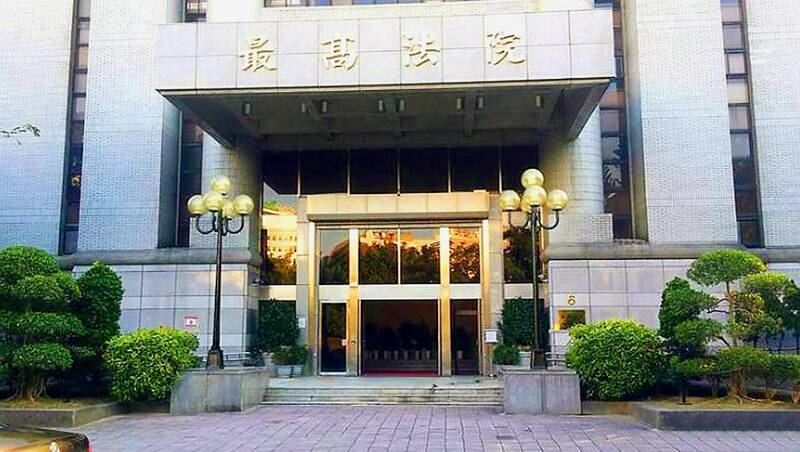Staff writer, with CNA
 The Taiwanese Supreme Court has upheld an 18-year prison sentence for Lee Chen-hao, the leader of a criminal ring responsible for trafficking 88 Taiwanese citizens into forced labor in Cambodia. The court ruling, issued in late October, found no issues with the original sentence handed down by the Taipei District Court in April 2023.
The Taiwanese Supreme Court has upheld an 18-year prison sentence for Lee Chen-hao, the leader of a criminal ring responsible for trafficking 88 Taiwanese citizens into forced labor in Cambodia. The court ruling, issued in late October, found no issues with the original sentence handed down by the Taipei District Court in April 2023.
Lee, who had denied any wrongdoing throughout his trial, was convicted of human trafficking, participation in organized crime, and profiting from fraudulently causing people to leave Taiwan. The case has drawn attention as part of a broader wave of job scams that emerged in the summer of 2022, in which thousands of Taiwanese were lured into labor exploitation in Southeast Asia, primarily Cambodia.
The crime ring, led by Lee, used Facebook to advertise high-paying jobs in customer service for online gambling and gaming sites. Once victims arrived in Cambodia, they were stripped of their passports and forced to work in telecom fraud operations. Those who failed to meet quotas or refused to cooperate were subjected to violence, solitary confinement, or sold to other criminal gangs. Victims were also forced to pay large ransoms to return home.
Lee and his accomplices profited between $17,000 and $18,000 per victim from criminal organizations in Cambodia, prosecutors said. Taiwanese authorities have rescued 52 victims to date, with 22 individuals rescued in 2022 and another 30 saved in subsequent operations.
The court also reduced the sentences of several of Lee’s accomplices, who had initially denied their involvement but later pleaded guilty to charges. The reduced sentences ranged from 11 years to nine years in prison, reflecting their cooperation with authorities.
This case highlights the ongoing dangers of international job scams, where criminals prey on vulnerable individuals seeking better opportunities abroad. Taiwanese officials have vowed to continue cracking down on these trafficking rings, with law enforcement agencies working closely with their Southeast Asian counterparts to combat the growing trend of exploitation.